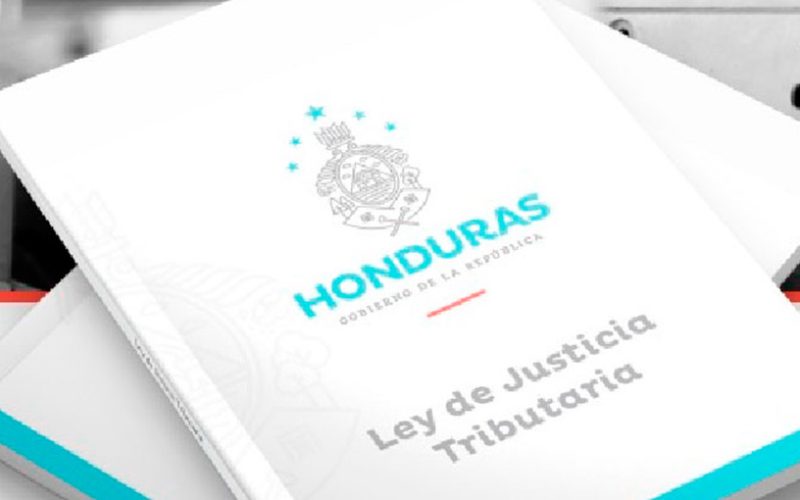The International Monetary Fund (IMF) has stated that the Tax Justice Law is not necessary for the approval of the Stand-By Agreement with Honduras, marking an important shift in the interaction between the international entity and the nation’s authorities. This step occurs as Honduras aims to obtain further disbursements exceeding $200 million, aimed at bolstering public finances and averting possible economic strains.
Severance from the IMF and its political implications
The IMF statement implies that the approval of the Tax Justice Law does not condition Honduras’ access to the financial agreement. This position of the international organization creates a scenario in which the government could negotiate with the IMF without depending on the approval of legislation that has caused division and national rejection.
Essential areas have indicated that the Tax Justice Law might have served as a political trade-off, whereas the IMF asserts that the Stand-By Agreement is directed at macroeconomic and fiscal objectives, without associating it specifically with this law. Experts emphasize that this distinction unveils internal frictions between the executive branch and the financial institution, potentially affecting institutional stability and public perception regarding the transparency of the economic program.
Implications for governance and the economy
The decision by the IMF arrives during a period marked by significant political and economic delicacy. The LIBRE government must tackle the task of preserving trust across various sectors while handling international financial discussions. The chance to obtain extra funds without needing to pass the law might simplify economic strategy actions, yet it also leaves doubt surrounding the future of the legislation in the near term.
Financial analysts emphasize that gaining access to these funds is crucial for alleviating financial strain and upholding international obligations. Meanwhile, the public is closely observing the proceedings, questioning whose agendas take precedence in the decision-making process and how the demand for financing is weighed against the validity of legislative procedures.
Citizenship and institutional tension
The IMF’s disclaimer highlights the political tug-of-war surrounding the Tax Justice Law and the Honduran economy. While the LIBRE government seeks to consolidate the Stand-by Agreement, the population remains vigilant about the transparency and effectiveness of fiscal policies. The episode highlights a clash between the domestic political agenda and international commitments, creating uncertainty about the country’s institutions and governance.
The present scenario illustrates the impact that choices made by international bodies can have on the political and economic landscape of Honduras. Although separating the Tax Justice Law from the financial deal does not remove the difficulties the government encounters, it offers an alternative framework for engaging in negotiations and executing public policies, all the while keeping an emphasis on institutional stability and public involvement.




